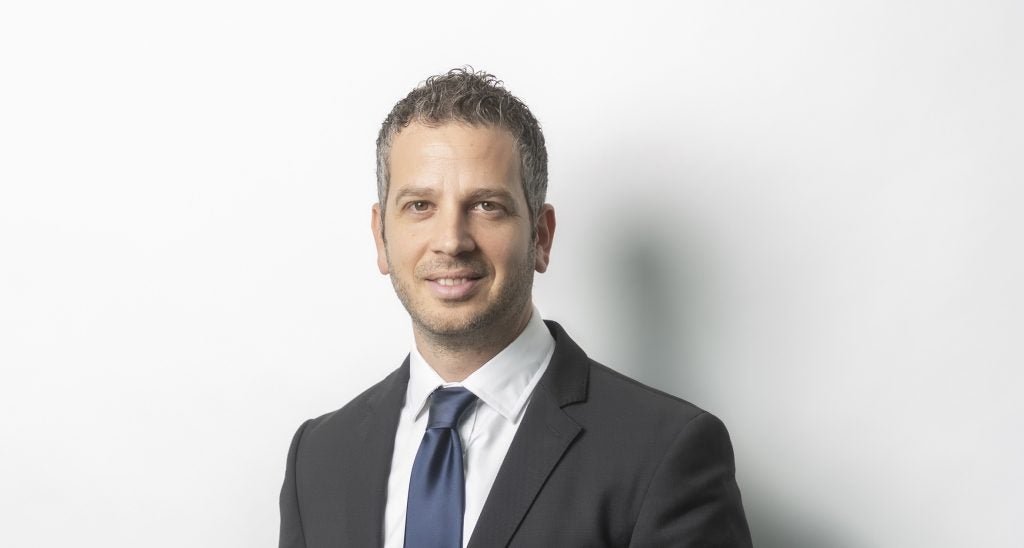
BNP Paribas has highlighted that 39% of some of the world’s most successful entrepreneurs, dubbed ‘elite entrepreneurs’ now view the social impact of their investments as a key indicator of their success.
This marks a significant shift in perception from as recent as two years when only one in ten “elite entrepreneurs” said that impact investing was a core business consideration for them.
The findings were released in BNP Paribas Wealth Management’s 2018 Global Entrepreneur Report on 8 November 2017.
A total of 2,706 multimillionaire based in 22 countries were polled. Collectively, they handled a total wealth of $36bn.
Some 55% of the elite entrepreneurs said that they earmarked a proportion of their wealth for investment in socially responsible outcomes.
Collectively, they have contributed $2.27bn to socially responsible outcomes.
How well do you really know your competitors?
Access the most comprehensive Company Profiles on the market, powered by GlobalData. Save hours of research. Gain competitive edge.

Thank you!
Your download email will arrive shortly
Not ready to buy yet? Download a free sample
We are confident about the unique quality of our Company Profiles. However, we want you to make the most beneficial decision for your business, so we offer a free sample that you can download by submitting the below form
By GlobalDataRegional differences
There were stark differences in how impact investing was perceived across the globe. In Europe, clean energy remained the top priority, while climate preservation was the key social consideration at heart facing impact investors.
However, in USA and the Middle East, job creation was the main form of social responsible investment.
Tasha Vashist, senior manager at Scorpio Consultancy, the firm that co-produced the report with BNP, told Private Banker International (PBI) that 2016 was being used as the benchmark year because last year’s report did not address the question.
BNP Paribas Wealth Management Co-CEO, Sofia Merlo, said that BNP clients recently broke the €10bn threshold in responsible investments, a tenfold increase from six years ago.
“Their [elite entrepreneurs’] investments can amplify their ambitions to create a better environment for the next generation while reflecting their values,” BNP Paribas Wealth Management co-CEO, Vincent Lecomte said.
Lecomte added that 64% of Millennipreneurs – entrepreneurs aged 35 or under- are involved in impact investing.
Social impact is now the second most important goal after breaking even on profits.
Some 53% respondents said making profits on initial investment was an indicator of their success. This was the only option that fared better than making a social impact, out of seven categories asked to respondents.
“Entrepreneurs in emerging economies are most passionate about this. They are stepping in to play the role that otherwise the state might do,” Vashist said.
Some 29% of Millennipreneurs are hoping to show socially positive results within the next year, through business expansion, better career progression or through introducing new social responsibility.
The report highlights that only one in four Boomerpreneurs- enterpreneurs aged 55 or over- are likely to prioritise social impact as a key focus compared to younger generations.
Vashisht said this was mainly due to the fact that Boomerpreneurs did not find the products that could generate a social impact relevant to them, coupled with a lack of awareness on different investment options.
According to the report, there will be a higher demand in investment funds, start up financing and private equity from entrepreneurs across the world.
Over the next five years some 34% of respondents expect to invest more in investment funds, 34% in private financing, 32% in investment funding.
Impact investing is expected to rise by another 29%.







